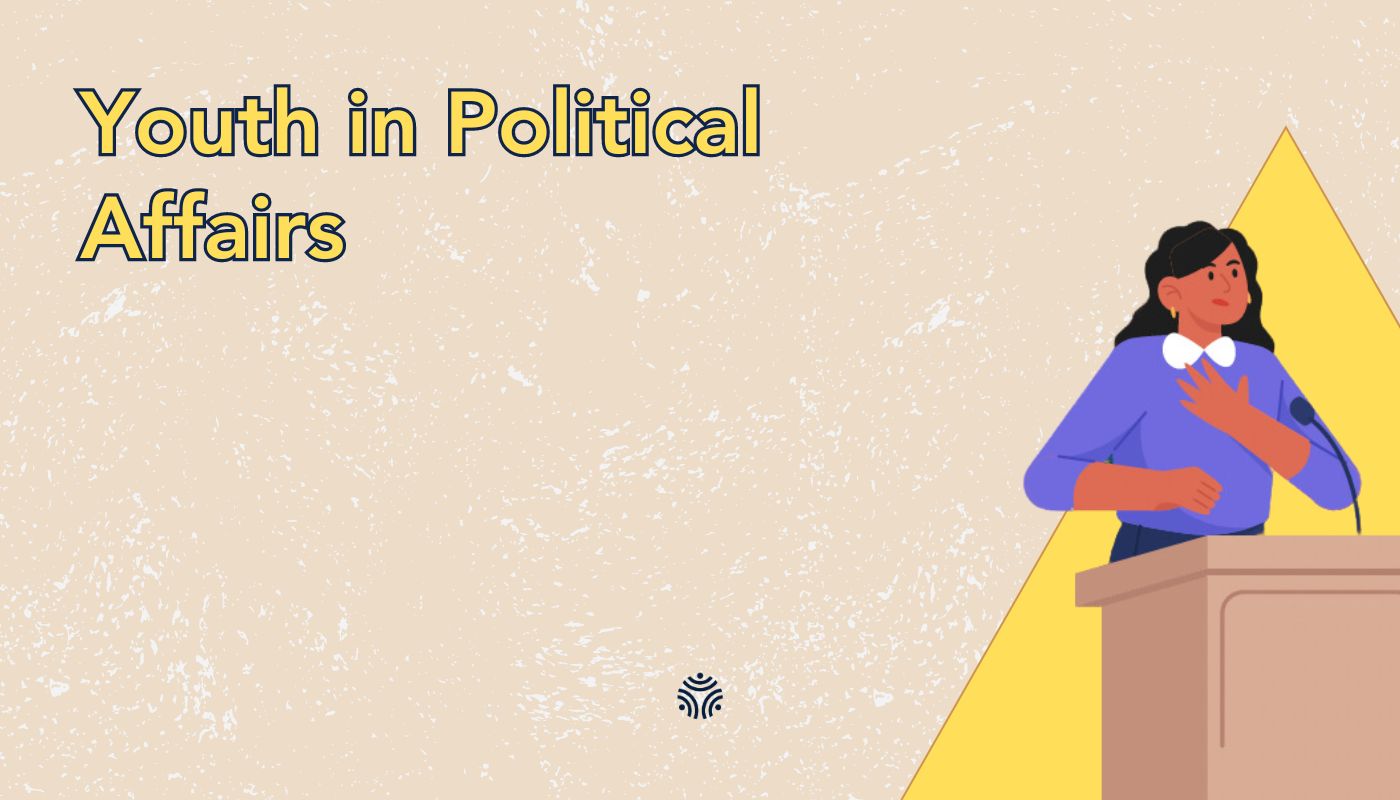As the YDC releases the Literature & Policy Review of the Youth Political Participation study, three key themes in youth political participation come to light. This is the first of the three. This section explores the involvement of youth in political affairs, encompassing traditional forms such as […] read more
This scoping study presents an in-depth exploration of youth political participation, focusing on the design and implementation of youth-related policies. The policy tracker study is based on a comprehensive literature and policy review, tracking key developments from 1980 to 2023. It covers three main areas: It is […] read more
The legislative elections of July 31, 2022, in Senegal, saw 1,727 candidates: 866 women and 901 men competing across just eight lists, a significant drop from the 47 lists in the 2017 elections. As a result of a sponsorship law introduced in 2018, political parties and coalitions […] read more
In the Democratic Republic of Congo (DRC) the financial burden of financing elections remains a consistent challenge. The country, home to almost 100 million inhabitants, faces significant difficulties with infrastructure and logistics especially in rural areas. This makes transporting electoral materials a cumbersome task, further complicated by […] read more
Since the return to constitutional democracy in 2005, Liberia has successfully conducted four peaceful multi-party elections. These elections have facilitated seamless transitions and been largely deemed free and credible, despite facing numerous institutional and financial challenges. However, beneath this surface of democratic progress lies a complex reality […] read more
Thailand’s general election of May 2023 marked a turning point in its political landscape, with many newcomers, even those with very little prior electoral experience, defeating established incumbents. The result defied polls and academic predictions, implying a shift away from old-money politics in favour of embracing newcomers. […] read more
Over the past two decades, Sierra Leone has made notable strides in consolidating democratic governance and political stability after a decade-long civil conflict. The peaceful transitions of power between the Sierra Leone People’s Party (SLPP) and the All People’s Congress (APC) in 2007 and 2018 also marked […] read more
Democracy in the Philippines has transformed into what some observers describe as an authoritarian political system. Since mid-2016, human rights and civil liberties have significantly deteriorated, while corruption remains endemic in the country1. Freedom of speech and assembly have been repeatedly hindered, and opposition groups have faced […] read more
The Solomon Islands is an archipelagic state in the Pacific region. The country is characterised by significant cultural and linguistic diversity. The country’s vulnerability to natural disasters, geographic dispersion, and remoteness shape the economic and governance challenges that it faces. The Solomon Islands’ economy relies on agriculture […] read more








